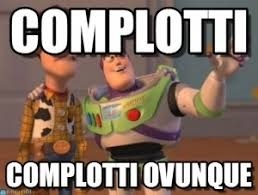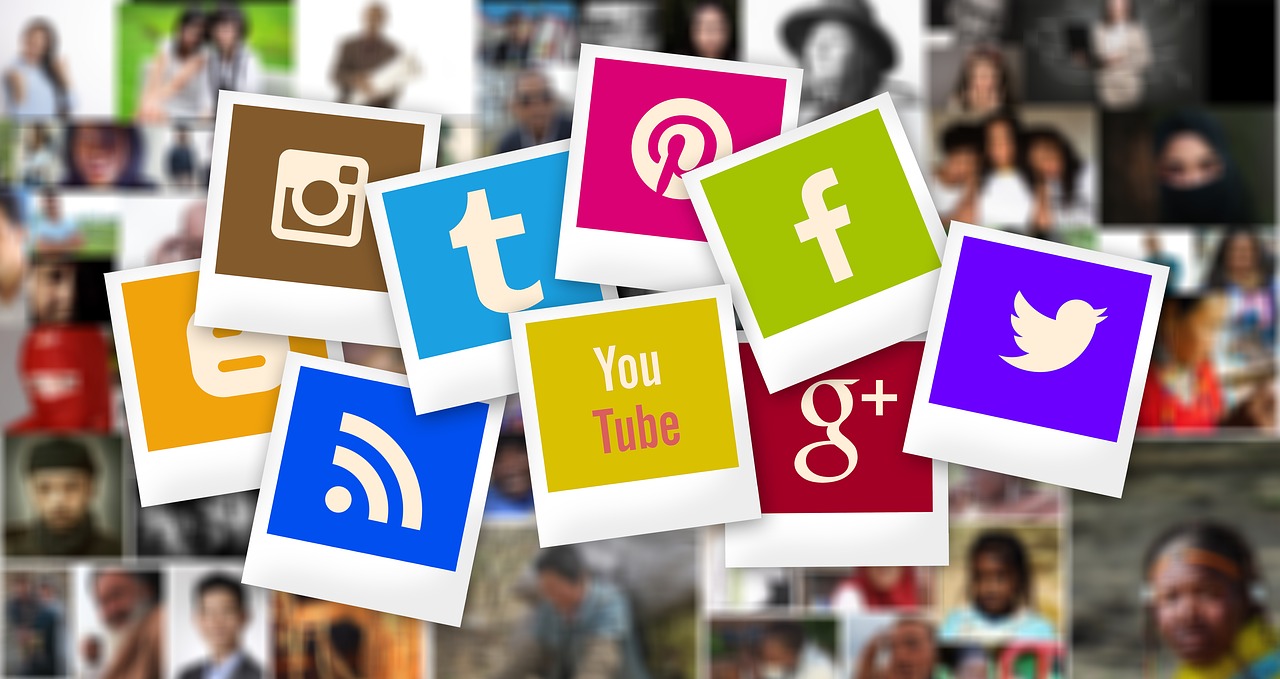Author: Raffaella Tosi
On March 15th, during the Italian Eating Disorder Day launched six years ago by Stefano Tavilla for “Mi nutro di vita”, the issue of the more and more premature uprising of these diseases was discussed. Latest data by SIP, Italian Society of Pediatrics, are alarming: eating disorders such as anorexia and bulimia are to be frequently found among 8-years old girls.
These diseases are well known and widely debated – we have been talking about them already in the 1980s, when Fame TV serial dedicated an episode to Holly being admitted to hospital because of anorexia – but we nowadays face an additional enemy, the Internet, which is (ab)used by young audience.
Correlation between the Web and health risks has been long demonstrated, also considering the emulation effect triggered by social media. Let’s think of Instagram, that is (also) popular for sharing pictures of happy people (and mostly slim girls). The shooted moments – once pure art representing portraits, objects or situations, sometimes spreading even political messages (as Frida Kahlo’s works, now showcased at MUDEC in Milan) – are now a vehicle for a totally self-referring and immaculate storytelling: it is all about happyness, cheerfulness, enviable social life with more or less famous friends.
The truth is that social media are risky, and they must be used with caution and awareness since impacting some fundamental life elements such as self acceptance and fulfilment. And, as a conseguence, self esteem. Looking at VIPs in everyday situations as walking on the road, going to the cinema or at home, but always at their top, beautiful and smiling, can be frustrating, and not only for teenagers. Someone may feel ugly and inadequate for current standards (which standards, by the way?), since the mechanism behind a social such as Instagram is exactly the opposite of the media and movie industry: in the 1950s, cinema stars made people dream, but did not call out for emulation, as they were too distant from real world. That moved people to watch movies and buy magazines.
With Instagram, you are brought to think that you can be as normal as your favourite VIP: but there’s nothing normal in their pictures. This is not a trial against social media or Instagram, but a consideration of how disintermediated images can strongly influence self perception, which today is more frequently made of a jeans size and thin legs generating lots of likes, rather then being built on individual talents and skills. This goes back to the nature of the social medium itself (the world as target audience), offering the opportunity of an immediate, non-filtered interaction with your counterpart. The only permitted filters are those that make you appear nicer, so get more approval through likes. Until they come to replace identity. If René Descartes stated “Cogito, ergo sum”, we may now say “Post, ergo sum”.
At this point, individual identity is no more based on psychic or emotional features, but exclusively (or mostly) on physical appearance, aligning it to static and standardized images. It’s not a coincidence that fashion bloggers are always portrayed with the same expression, and they do not transmit any ethical or moral message (excepted for some cases, as the Russian model Natalia Vodianova inviting her followers to live the menstrual period openly and naturally). Pictures are aimed at selling a product, a brand (Kim Kardashian pioneered this), or a lifestyle. So I stop to exist as a different being, but I do exist as much as others appreciate me, in a passive form of self recognition (I do not identify myself versus the other, but I identify with the other).
That’s really far from self perception as teached by Western philosophy. It’s therefore important to prevent risks which may arise from unappropriate social media use. Starting from adolescence, when the human brain experiences relevant changes and is more likely to be influenced. Instagram and social media have exploded in our hands, but we are now far more aware of their effects. We know that spending too much time on social media doesn’t improve happyness: the magazine Theatlantic introduced the definition of “I-generation”, where “I” does not mean “Individual”, but “I-phone”. It’s the generation born between 1995 and 2012, grown up with smartphones, Instagram accounts while still at primary school and no idea of what life was before the Internet (and we can’t help thinking of little Chloe, Reese’ and Madeline’s daughter in Big Little Lies, always with a smartphone in her hands).
Social media should not be demonized, but we need to learn how to use them. As we get a licence to drive a car (dream of many Baby Boomers, now almost forgotten by Millenials), we should introduce a sort of licence for social media, which have become the preferred advertising platform for most brands, thus exposing users to continuous, somehow unconscious shopping recommendation. A practical suggestion: avoid teens to have social accounts before they are 15, and work hard to build and consolidate their self fulfilment. How? As parents always did, by practicing sports, spending lot of time outdoor and sharing as much life as possible with the family. And that makes sense for adults too.




